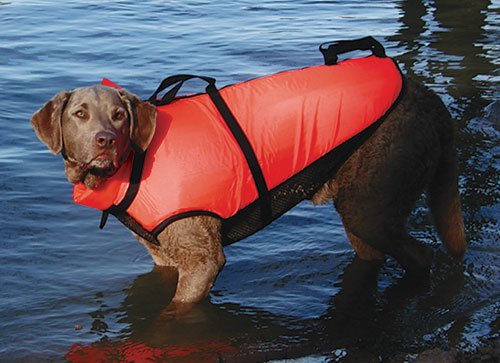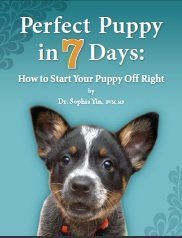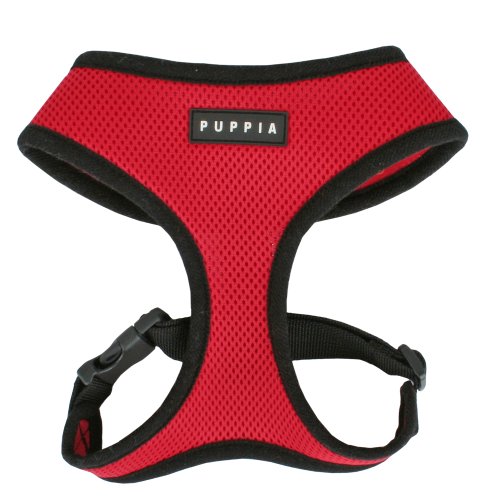
Relocating presents a wide range of challenges. Where are you going to live? How are you going to get there? What can you afford? There are so many questions that the only way to find the answers is to take them on one at a time.
So, for those dog lovers out there, there is one question that is unique to the animal lover in us all. What do we need to know about our new home's dog-friendly stance? First consider what your new environment will present. Then you must be able to match your dog's characteristics (attitude, physiology, and activity levels) to suit your new home.
In a new town
What are the rules and regulations of the new town? Is there anything specific to your precinct or zone? A lot of towns refer to their zones for particular rules, such as leash-laws and tag information. You'll need to research what your dog will need to live issue-free in their new area.
You'll also want to locate parks that are designated pet-friendly. While more parks are working towards appealing to pet owners, there will still be locations that post: No dogs allowed. This can affect how often you can take your dog out to release their energy.
In an apartment
When it comes to your actual apartment, there are almost limitless combinations of rules and regulations that will apply. But, it's also important to remember how a dog will react to living in relatively confined quarters.
What are your weight limitations? Most apartments will have a maximum weight, such as thirty pounds. They may also segregate certain breeds that are stereotypically a little more active or noisy. There is also the physiology to consider, because shorthair dogs may be more acceptable than long-haired dogs. This is usually done because shorthaired dogs are considered not to shed as much, which isn't true at all. But, if there are rules, they need to be investigated before you bring a dog home.
Of course, you must also consider the activity level of your dog. It is unlikely they will have free-roam ability in an apartment complex, which means you'll have to spend more time with them. Consider what you'll need to do to address potty situations. What about walks? Will the complex allow you to walk your dog around the property? Not all do, so be sure you ask all the right questions before you settle in with a new companion.
In a new work situation
If you are moving into a new area, work is likely going to be very different. A new job might lead to new work hours and limit the amount of time you have available to spend with your new dog. You might be fairly busy, which does tend to limit how active your dog will be permitted to be. Active dogs without the opportunity to express themselves and release energy often become restless and destructive.
Matchmaking your dog
With the guidelines in place, you must now match your dog to ensure that their new home is adequate to suit their needs. Consider that there are several different characteristics that make up a dog's whole-being. First of all, all dog breeds commonly have a certain activity need range. Border collies are undoubtedly some of the most hyperactive breeds demanding plenty of attention and room to run, while Chihuahuas tend to be a little calmer and do well with less activity. However, size doesn't necessarily matter in this situation; after all, certain terrier breeds can be very hyper.
Some dogs shed constantly while others tend to be more fur friendly (poodles don't shed fur because they have hair!) Size does matter, but breed and attitude will make a difference in how comfortably they will fit into your new home. Research your dog breed's activity level to match their new home's opportunities. And do remember that dogs still need to be walked regularly, so don't think that just because they aren't as active, you won't have to enjoy some time outdoors.
Finding the right dog for the right home is just as important as adding the right furry friend to your life. If you plan on getting a dog for your new apartment, consider what you need to know about breeds, habits, and attitude, along with any pet rules your home may have. After all, you don't want to bring a new friend home only to have to give him away.
Keeping up with your pet supplies can be just another thing you don't want to have to remember. After a long day at work and going to the store, the last thing you want to do is have to go "to the store" again. Consider home delivery of your pet supplies!
 Dogs :: 3 Reasons Why You Would Want a K9 Unit (Page 1 of 2)
K9 units or dog units are glorified in movies. If you have w
Dogs :: 3 Reasons Why You Would Want a K9 Unit (Page 1 of 2)
K9 units or dog units are glorified in movies. If you have w
 Pet Phobias
Pet Phobias
P
Pet Phobias
Pet Phobias
P
 Fido Float Dog Life Jacket Size Medium
As family members, our dogs
Fido Float Dog Life Jacket Size Medium
As family members, our dogs
 What Is My Dog Really Thinking?
Scientific Proof The proof i
What Is My Dog Really Thinking?
Scientific Proof The proof i
 Be Prepared Before Taking Your Dog on Your Next Holiday Road Trip
Planning Your TripIt is exci
Be Prepared Before Taking Your Dog on Your Next Holiday Road Trip
Planning Your TripIt is exci
Copyright © 2005-2016 Pet Information All Rights Reserved
Contact us: www162date@outlook.com